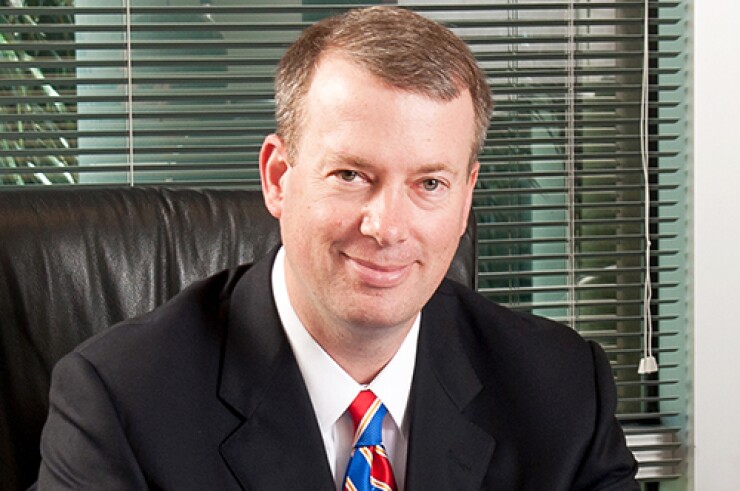
"This 'telephone' has too many shortcomings to be seriously considered as a means of communication." — William Orton, President of Western Union, 1876
Mr. Orton joins several others on a
Contrary to so much that has been written and said about the rise of the machines and the demise of human financial advice, I believe that the need and demand for personal, face-to-face, human advice will remain. Here's why:
Money is emotional. Numbers are predictable, rational, constant. Put a dollar sign in front of them, and things change. There's real emotion wrapped up in money – security, opportunities, dreams. Sure, a computer or
Financial advice is science and art. The fact is, many of the best financial advisors already "outsource" investment allocation to professional money managers or automatically reallocated portfolios. That's because they know their real value is the art of guiding clients through a decision-making process, helping them resist emotional reactions when markets turn or when personal circumstances cloud judgment. It's a delicate job that requires trust built on personal relationships. A computer, even one with advanced algorithms, can only go so far.
People crave connection. The Internet has changed our world… in most ways, for the better. And while it's one of the biggest technology stories in my lifetime, it's also a story of personal connection. There's a reason there are more than 1.35 billion Facebook users. (Yes, that's billion. With a "b." Rivaling the number of people in the most populous country on Earth, according to the
For example,
- Who will change my lightbulbs?
- How will I get an ice cream cone?
- Who will I have lunch with?
Simple questions, perhaps even questions a robo-advisor can ask, but in actuality, these are questions and, more importantly, answers that provoke thoughtful answers and follow up questions that get to the importance of a professional human financial advisor.
I am a huge technology advocate – a
In financial services, we should embrace what computers do best – analyzing data and providing insights. By so doing, we will create additional understanding of our clients, and greater capacity for human interaction that leads to even deeper relationships and better advice.
This is why I confidently predict that technology won't make our profession obsolete.It's why one of my favorite parts of my job is helping the next generation enter this business – I'm excited about the possibilities yet to come.
Technology will continue to change what we do and how we do it, but it won't change why we do it: to connect with others, and create a meaningful impact on their lives.
Tash Elwyn is president of Raymond James & Associates. This was originally published on LinkedIn.
Read more:





